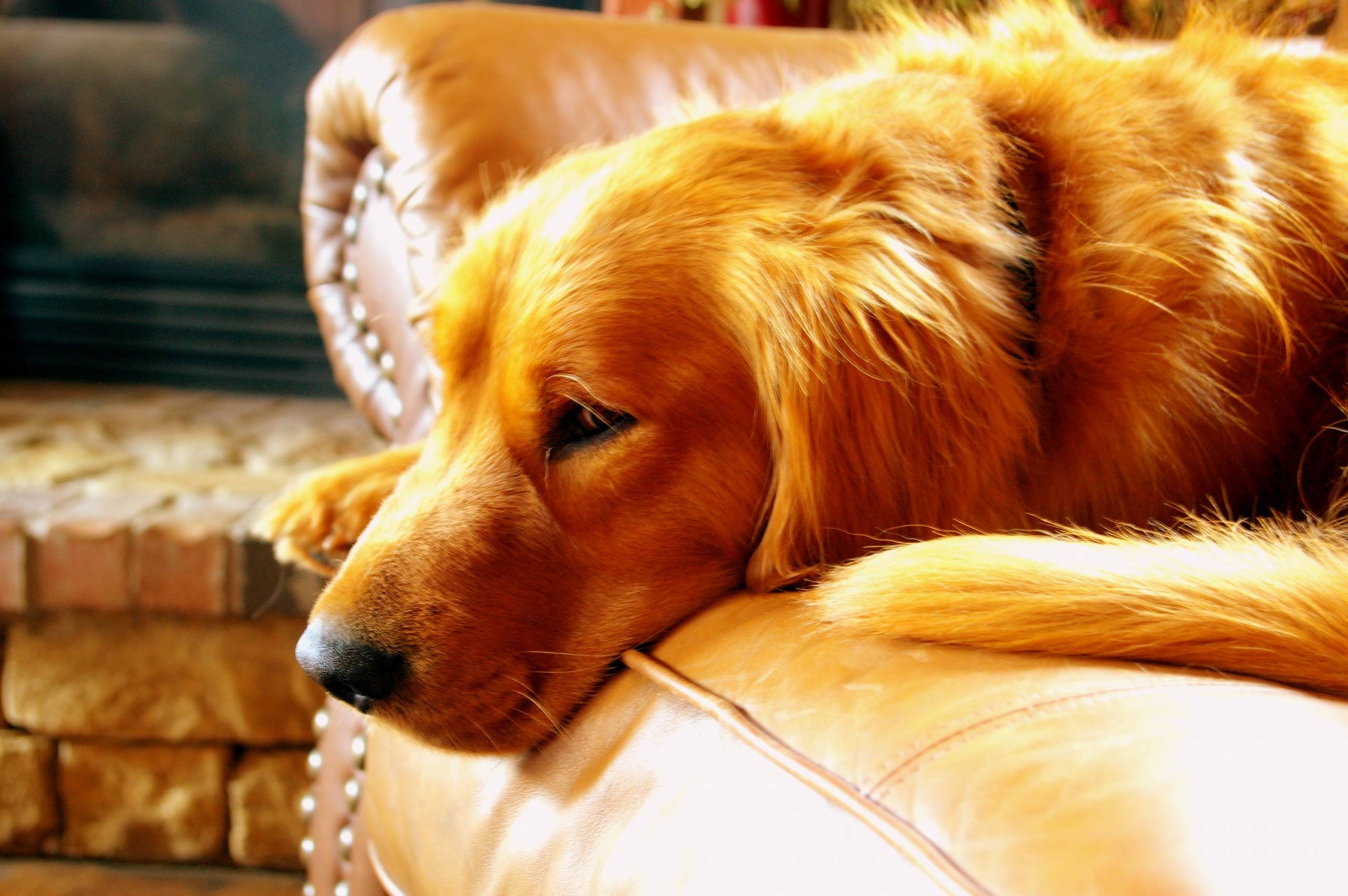
For starters, it’s important to understand that diarrhea in dogs can be caused by a variety of factors, including dietary indiscretion, sudden changes in diet, infections, parasites, or underlying health issues. If your dog is experiencing severe or prolonged diarrhea, it’s crucial to consult a veterinarian to rule out any serious conditions and to ensure your dog receives appropriate treatment.
When it comes to managing your dog’s diet during a bout of diarrhea, feeding them a bland diet is often recommended. This typically includes easily digestible foods such as plain boiled chicken, white rice, and low-fat cottage cheese. These foods can help soothe your dog’s digestive system while providing essential nutrients. It’s important to ensure that these foods are thoroughly cooked and served plain, without any seasonings or additives that could further upset your dog’s stomach.
Additionally, probiotics can be beneficial for dogs with diarrhea, as they help restore the balance of healthy bacteria in the gut. You can find probiotics specifically formulated for dogs at pet stores or as recommended by your veterinarian. These supplements can aid in the recovery process and support your dog’s overall digestive health.
On the other hand, there are certain foods that should be avoided when your dog is experiencing diarrhea. Foods high in fat, fiber, or sugar can exacerbate the condition and should be kept off the menu until your dog’s digestive system has stabilized. Dairy products and fatty meats are examples of foods that could potentially worsen your dog’s diarrhea and should be temporarily excluded from their diet.
It’s important to monitor your dog’s condition closely and adjust their diet as necessary. If your dog’s diarrhea persists for more than 24 hours, or if you notice additional concerning symptoms such as blood in the stool, dehydration, or lethargy, it’s vital to seek prompt veterinary attention. These symptoms could indicate a more serious underlying issue that requires professional evaluation and treatment.
In conclusion, managing a dog with diarrhea involves providing a bland, easily digestible diet, incorporating probiotics to support digestive health, and being mindful of foods that could aggravate the condition. Remember, every dog is unique, and what works for one may not work for another. Always consult your veterinarian for personalized guidance and support in managing your dog’s digestive health.
Caring for a dog with diarrhea can be challenging, but with the right approach and attentive care, you can help your furry companion feel better and get back to their playful, energetic self in no time.[/fusion_text]



